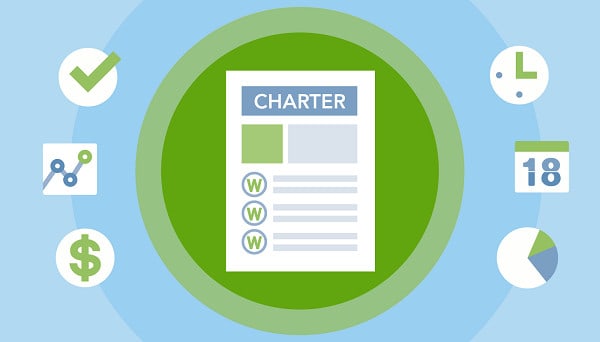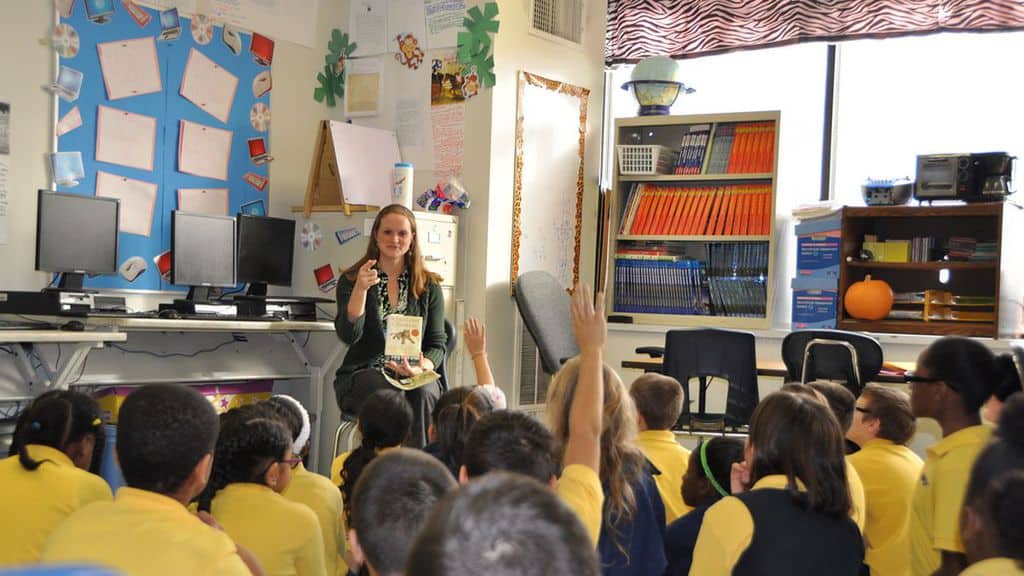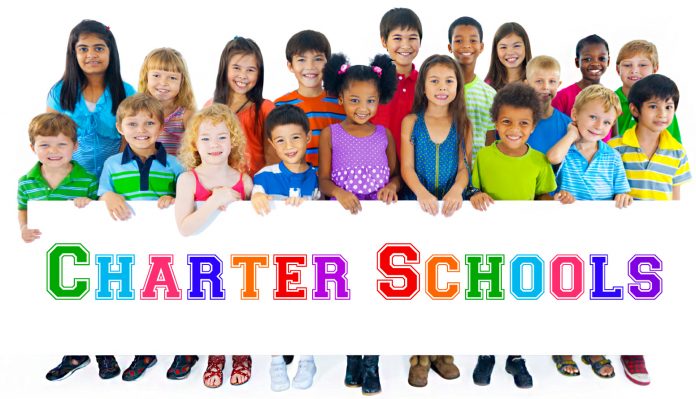By considering the very word “charter”, and all that it implies, then understanding what a charter school is and how one operates, it becomes somewhat easier for the average person to understand information on the subject of charter schools.
What is a Charter
A charter is a written agreement drawn up by an organizer/sponsor, which outlines specific goals for the entity to meet.

When applying this word to a school environment, a charter school is one that is designed to meet a specific set of goals in education, and has entered into a formal agreement with its public and private funders or sponsors to do so.
About Charter Schools
Charter schools may receive public monies for operating expenses, but they are generally governed by people outside of the State Education Board, which controls the majority of the public schools.

Charter schools may develop and implement their own goals, which will differ from those of the State run schools. They also have more freedom to choose curriculum and are free from certain state requirements and restrictions.
Regardless of these freedoms, however, charter schools are still bound by certain Federal and State laws which govern all schools. These include civil rights laws, and laws regarding the teaching of religion in a “public school.” They must also meet the same educational standards as public schools, outlined by the “No Child Left Behind” Act.

Since charter schools receive public funds, a charter school may not charge a tuition fee for students to attend. They must offer open enrollment to the public, and they are also accountable to the public (who ultimately decides if the School is meeting or exceeding the agreement of the charter).
In this way a charter school is considered to be a “public” school, although it is not a part of the state run school system.

- What Is Aromatherapy Vs. What Are Essential Oils?
- What is La Tomatina in Bunol, Spain Like? What to Expect at the Famous Tomato Throwing Festival
How a Charter School is Formed
Charter schools are usually started by educators, parents, or community organizations (in some cases churches) who do not share the philosophies of the state or local school board.
A vision for a different type of educational environment is generally the guiding factor when an entity chooses to open a charter school.

Unlike a traditional public school, a charter school may receive private donations, including donations made by religious institutions.
Also, unlike state governed schools, a charter school may be closed down if it fails to meet the goals and objectives outlined in the “Charter Agreement.”

For more information on charter schools visit US Charter Schools. For more information in your state, visit your state’s official website by typing “(State name) charter schools” in your search engine.


















